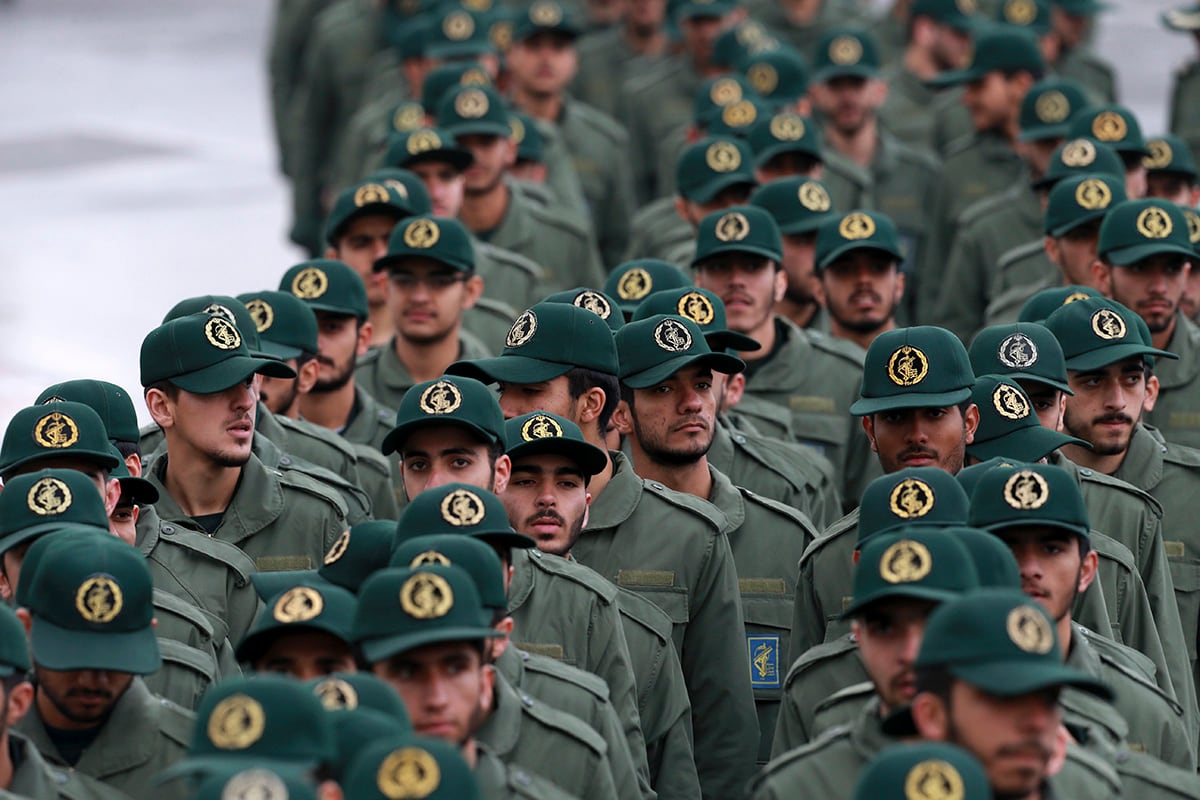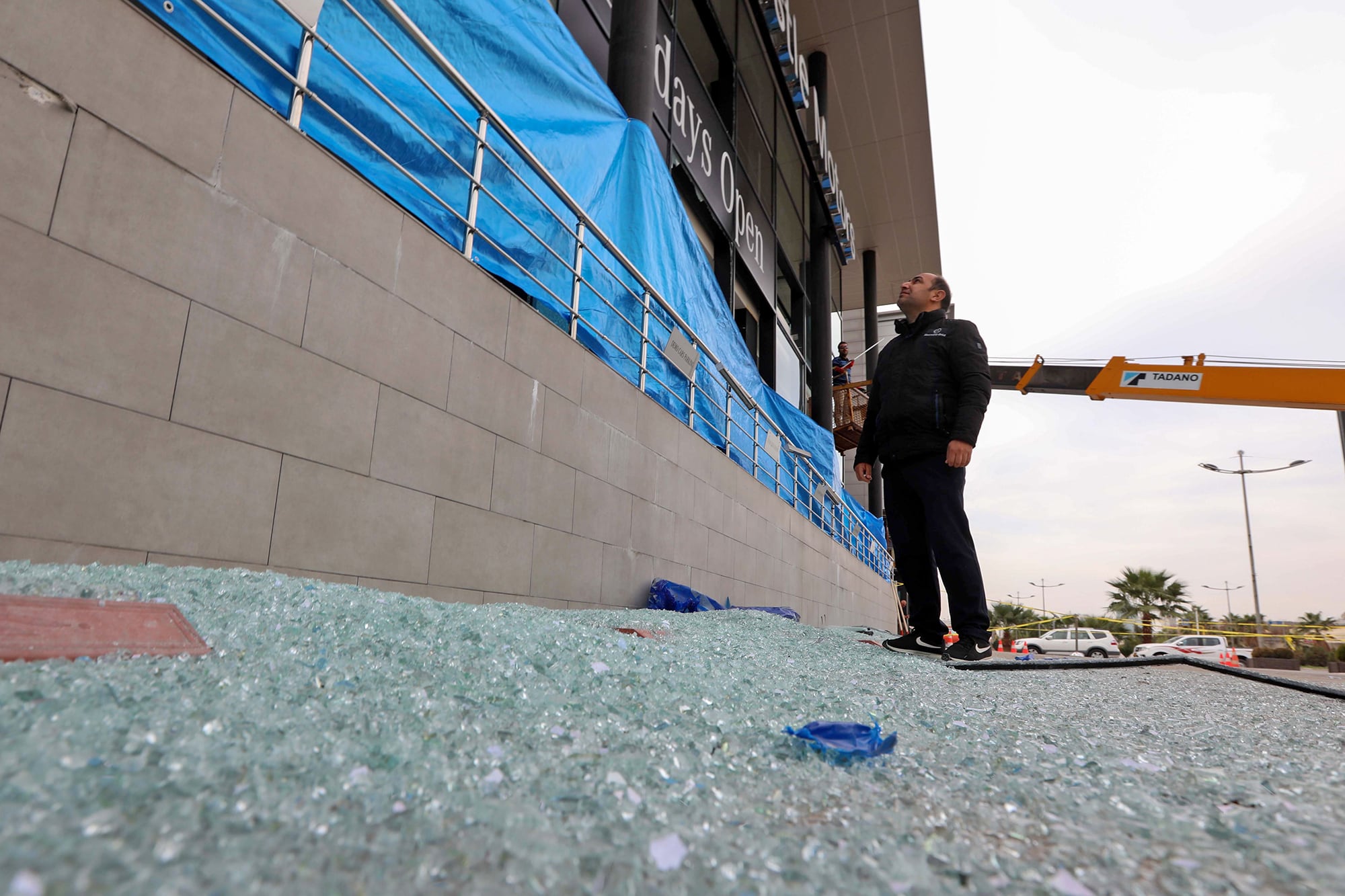Someone is launching rockets at bases housing American troops and contractors in Iraq, but the Pentagon is treading very lightly about who is behind them.
Attacks on Baghdad’s Green Zone, Balad Air Base and Irbil International Airport in the past week are all under investigation, Pentagon spokesman John Kirby told reporters Monday, hours after Iraqi officials told the Associated Press that one rocket fell within the perimeter of the vast U.S. Embassy complex. Another fell in a nearby neighborhood, the officials said, adding that there were no casualties.
“It’s difficult to say with certainty ... whether there’s a strategic calculation driving this recent uptick in attacks, or whether this is just a continuation of the sorts of attacks we’ve seen in the past,” Kirby said.
A little-known Shiite military took responsibility for the Feb. 15 attack, but no one has yet come forward to claim Sunday’s and Monday’s incidents.
“These are dangerous attacks, and as we saw in the one in Irbil, an individual lost his life and now a family’s grieving,” Kirby said of the coalition contractor killed.
Despite the wounding of a U.S. service member, the Biden administration has not made any specific, public threats of retribution, in stark contract to the previous administration. Then-President Donald Trump had said the death of a U.S. contractor would be a red line resulting in U.S. escalation in Iraq.
“Each case is different,” Kirby told reporters Wednesday, following the Erbil attack. “I can’t speak for the speed with which previous rocket attacks were attributable.”
While the Trump administration’s rhetoric leaned hard into Iranian-backed militias operating in Iraq, the Defense Department under President Joe Biden has taken a more measured tone, waiting for investigators on the ground to complete their inquiries before calling out perpetrators.
“When it comes to our response, we will respond in a way that’s calculated within our own timetable and using a mix of tools at a time and place of our choosing,” State Department spokesman Ned Price told reporters Monday. “What we will not do is lash out and risk an escalation that plays into the hands of Iran, and contributes to their attempts to further destabilize Iraq.”
RELATED

A year ago, militia attacks provoked the assassination of Gen. Qasem Soleimani, whose Islamic Revolutionary Guard Corps organization was responsible for countless attacks on U.S. troops, including a late December incident in Kirkuk that killed an American contractor and wounded multiple service members.
“As for these particular attacks, again, we haven’t gotten into specific attribution, so I don’t want to get ahead of the investigative process,” Kirby said Wednesday.
The incidents come in the weeks after the U.S. drew its presence down to 2,500 troops in Iraq. At the same time, NATO’s secretary general announced Thursday his plan to sharply increase the number of coalition troops on the counter-ISIS mission, from 500 up to 4,000.
Kirby did not say whether this increase will help the U.S. continue to draw down its own troops.
Meghann Myers is the Pentagon bureau chief at Military Times. She covers operations, policy, personnel, leadership and other issues affecting service members.





